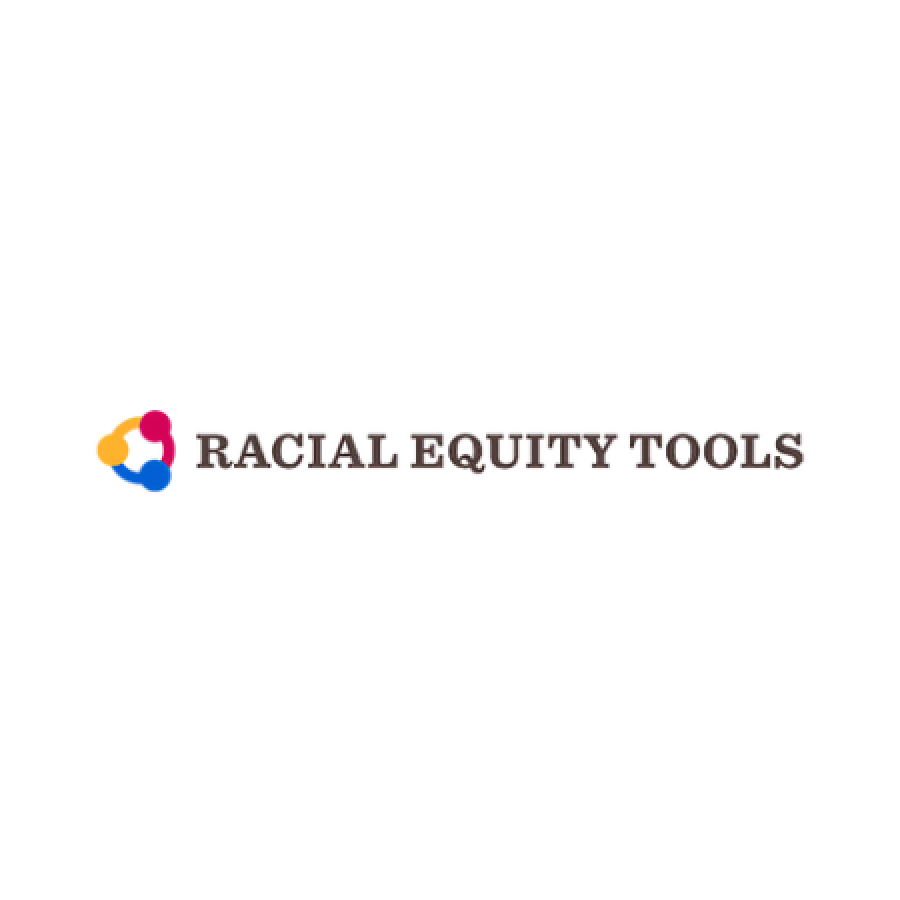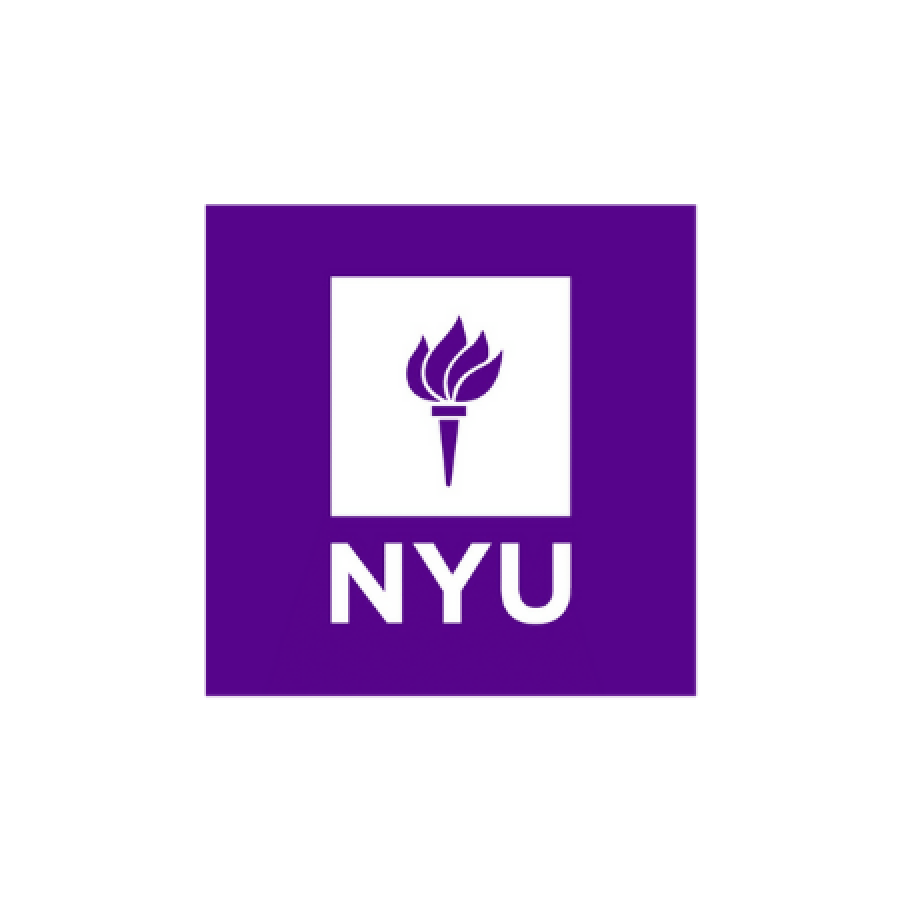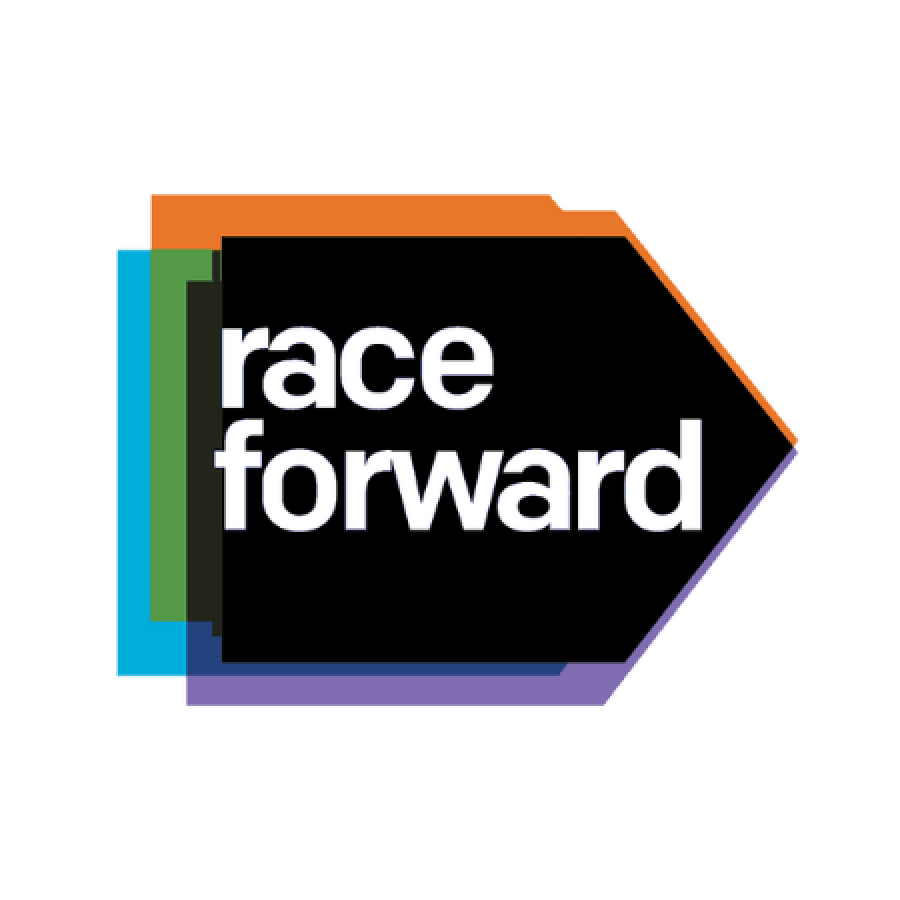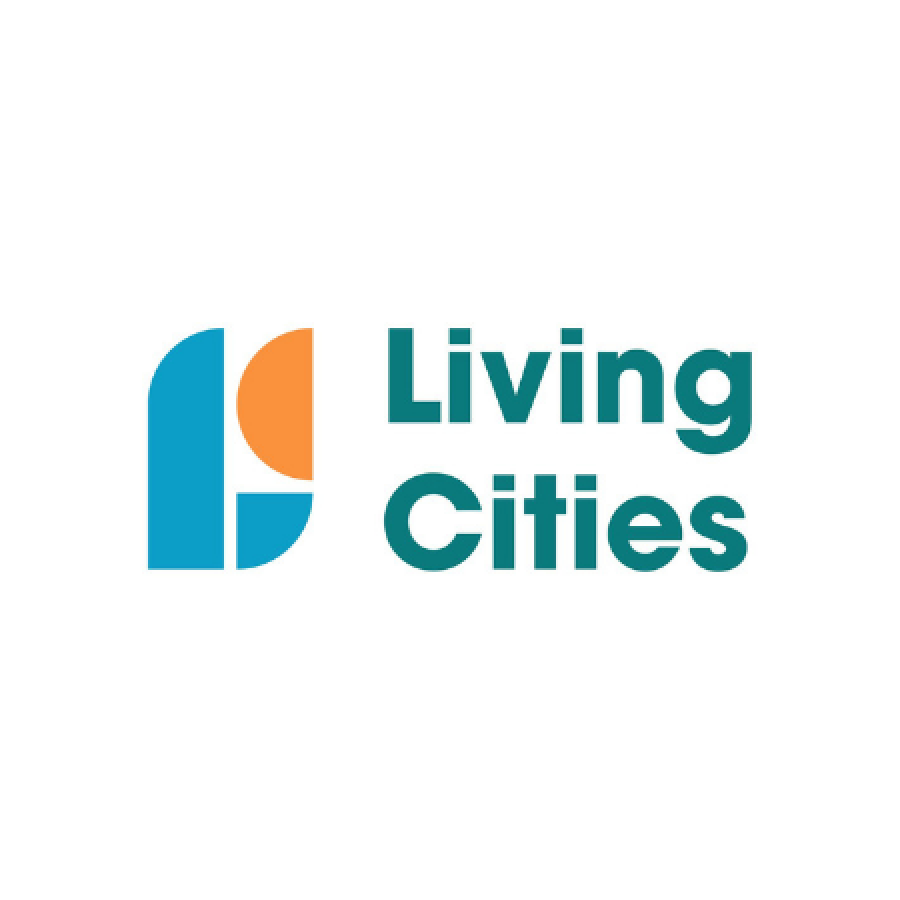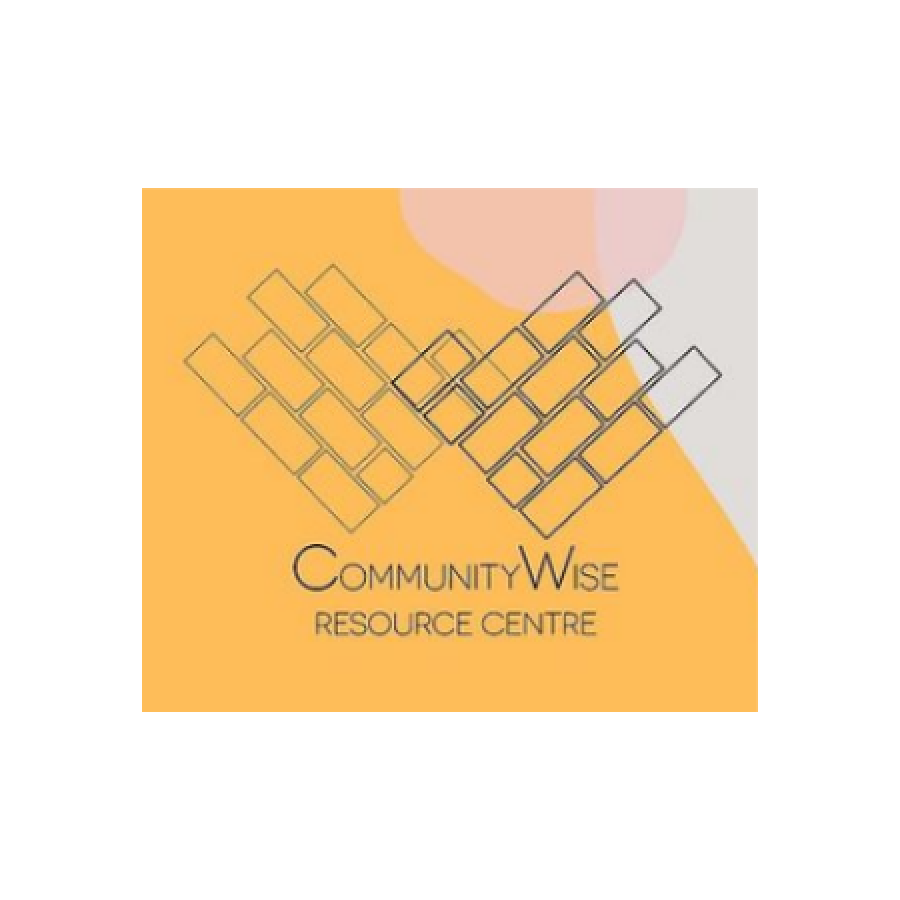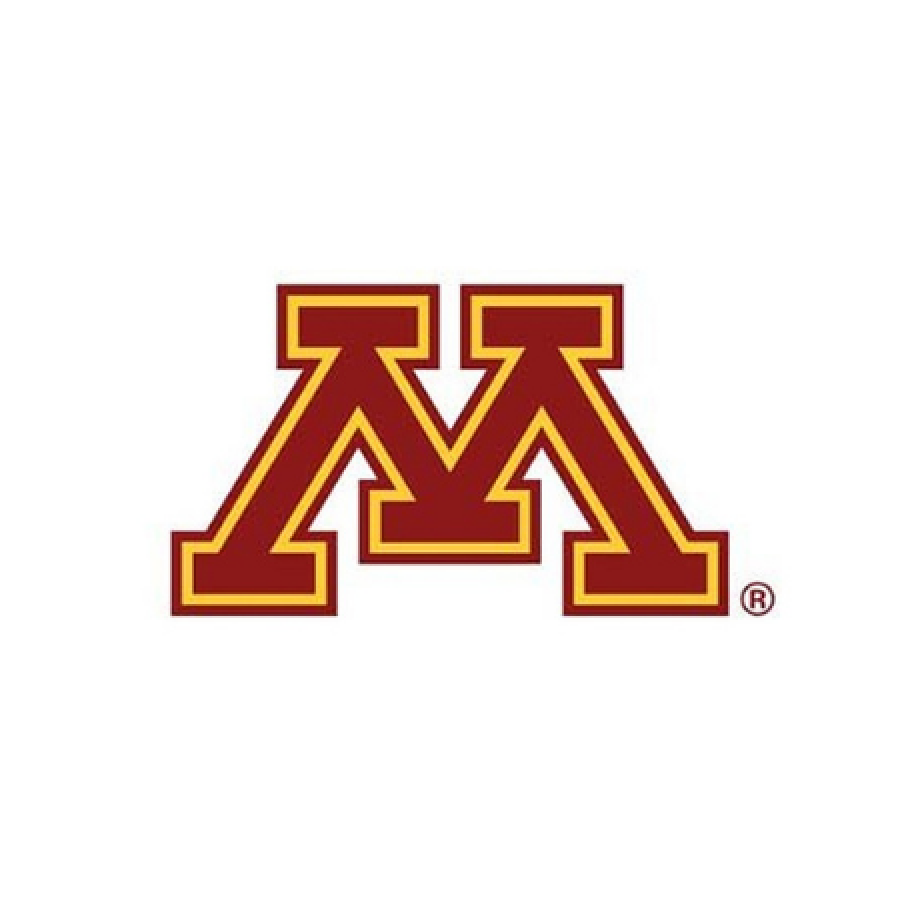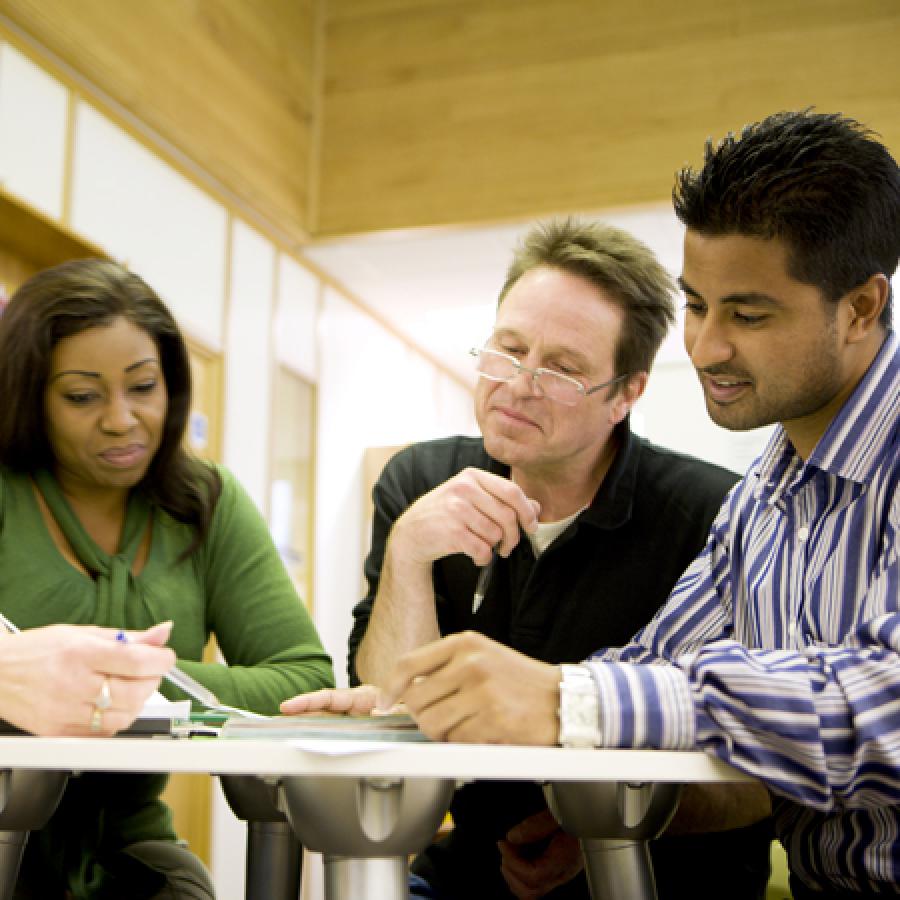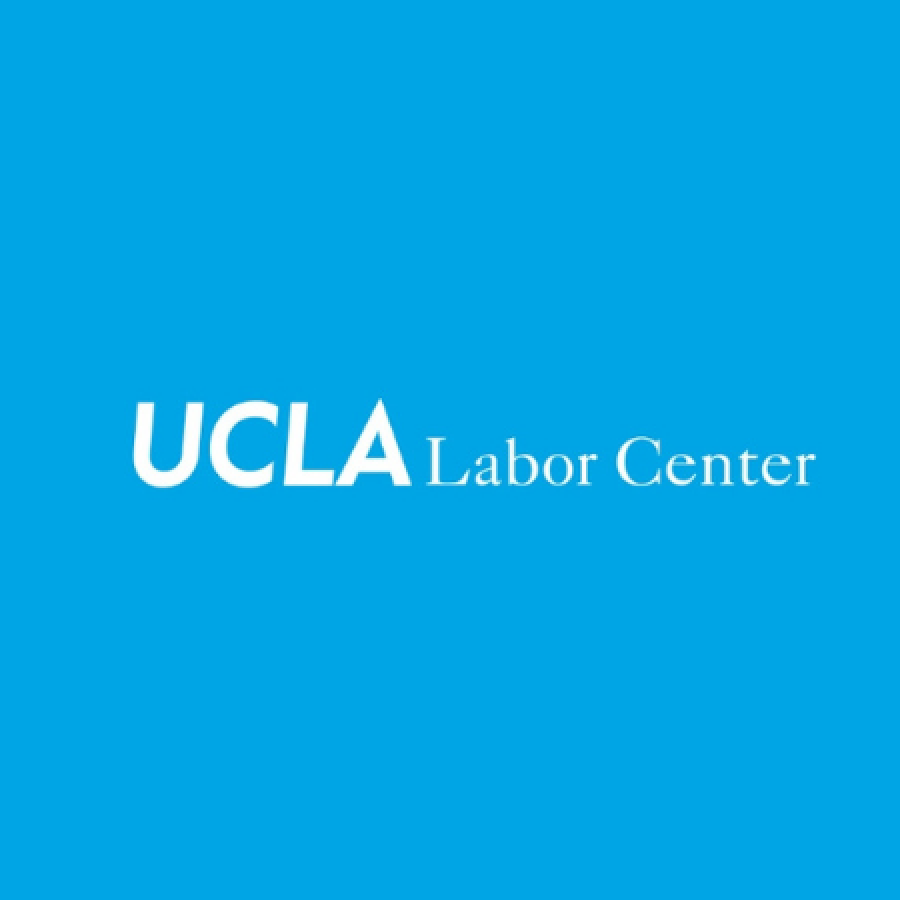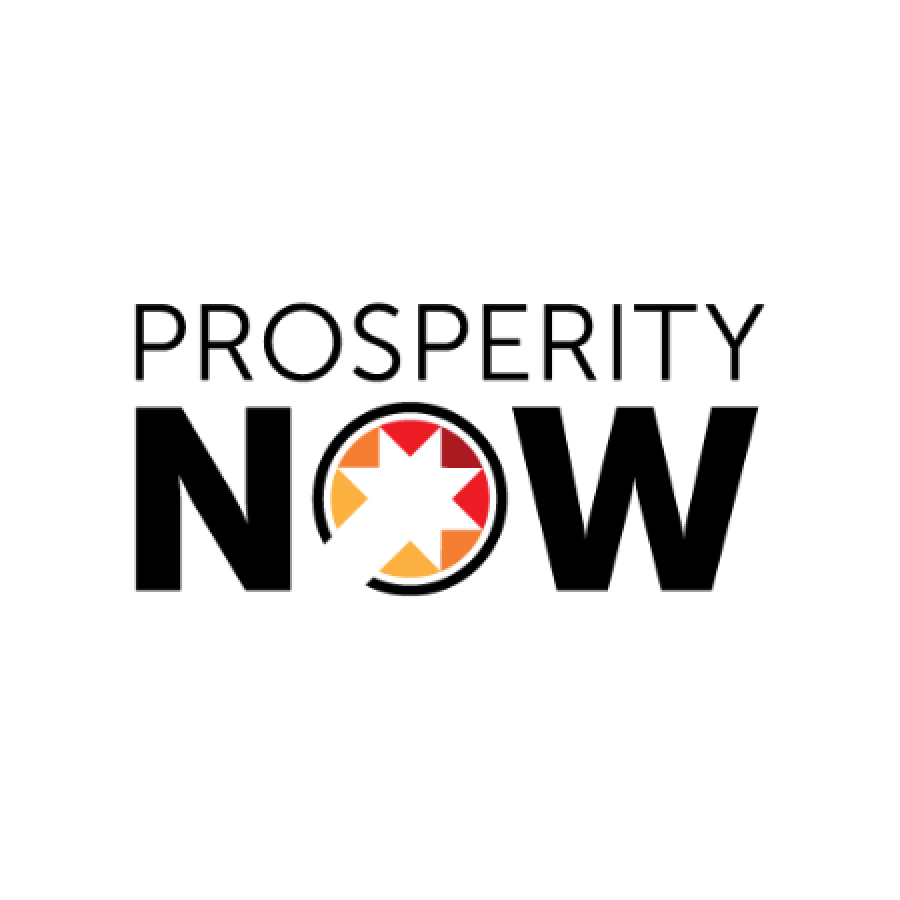Today, in one of the wealthiest countries on earth, 100 million people – roughly 1/3 of the nation – live below 200 percent of the federal poverty line and experience economic insecurity and worse outcomes in education, health, and all other dimensions of well-being. While the equity movement continues to experience success, it has not achieved the population-level impact necessary to transform the nation into a place where your zip code does not define how long you live or how well you live. The growing realization of our nation’s founding principles — liberty, justice, and equality — has been blocked by beliefs and behaviors that have concentrated wealth and power in the hands of the few. To win on equity, we must start by acknowledging that our efforts as currently structured are not working to achieve the scale, pace, and impact that we need. The reality is that the people most impacted by inequity — people of color and the over 100 million people who cannot make ends meet — are not experiencing substantial, increasing, and sustained benefits as a result of our efforts.
PolicyLink is thrilled to join forces with Kaiser Permanente to design and advance racial equity projects, practices, and campaigns that ensure all people in America — particularly those who face the burdens of structural racism — participate in a just society, live in a healthy community of opportunity, and prosper in an equitable economy. Fueled by revelations of structural failures in our culture, democracy, and economy, we center the needs of Black communities and communities of color to build an inclusive and compassionate society and a strong, accountable democracy.
A core tenant of this partnership is convening KP’s racial equity grantees to foster a learning and action committee.
2023 Webinars
2022 Webinars
2022 Kaiser Racial Justice Grantee Kick off Meeting
Moving with Excitement into 2022
KP Learning Community: Planting Seeds for 2022
Healing, Transformation, and Joy
Winning on Equity: The Time is Now
Meeting the Moment: Transformative Solidarity
Racial Justice Grantees by Region
Colorado
Project summary: Shorter AME Church hosts Race Talk University, an eight-week secular program that brings white people, African Americans, and people of color together for an in-depth look at race and racism. Participants engage in examining the major systems such as food access, health care, housing, and law enforcement systems to identify dysfunctions in systems created to advance white privilege for the purpose of dismantling them and reimagining equitable systems which serve all people. Race Talk University is hosted in the historically black community known as Park Hill/Skyland. The strength of Race Talk University is that it engages a cross-section of participants of various races, income levels, and sexual orientations.
Young African Americans for Social and Political Activism
Project summary: The organization is seeking funding to support its work with youth of color from middle school through college and young professionals of color to support them to reclaim academic, career, and civic spaces to thrive. Through classes, social sciences and policy institutes, youth councils, coaching supports, scholarships, and adult partnerships, youth and young professionals of color are able to develop their civic health and wellness on their terms and grounded in issues they care about rooted in racial justice.
Creative Strategies for Change
Project summary: Creative Strategies is seeking funding for its Community Leadership Cohort project to address systemic racism and mental health disparities for BIPOC residents, especially the combined issues of racialized trauma and racial battle fatigue. The Community Leadership Cohort will cultivate a network of champions for racial equity and address mental health challenges and stigma facing BIPOC residents in Denver. Through a combination of programs, the Community Leadership Cohort uses a continuum of arts and education to foster leadership development in response to the overwhelming challenges BIPOC face in today’s climate.
Project summary: One of PPUW’s Strategic Goals and a main priority of the Pikes Peak United Way Board is to address the barriers that inhibit ethnic minorities from serving in community leadership positions. PPUW will focus their project on staff and participant training and education around addressing systemic racism with the goal of increasing minority representation in civic and community leadership roles to help enact meaningful and positive change short and long term.
Project summary: The BIPOC Alliances’s “Center Healing Through Support of the BIPOC Alliance in Larimer County” project targets multiple factors around the psychological effects of racism and discrimination, and facilitates self-advocacy of, by, and for the BIPOC community. The top priority for funding supports coalition-building to promise BIPOC liberation, including 1) creating intentional spaces for community healing to amplify and celebrate BIPOC culture and ancestry; 2) support and training for BIPOC interested in sharing stories of survival through narrative therapy; and 3) strategic organizing to build community-led and community-identified goals, outcomes, and approaches.
Georgia
Atlanta Wealth Building Initiative
Project summary: The Atlanta Wealth Building Initiative, through this project, aims to address Atlanta’s systemic racial wealth and economic inequity by removing barriers to shared economic prosperity for all while building an inclusive economy that promotes thriving communities. AWIB will provide consulting services and workforce development support for Black-owned businesses. AWIB will also facilitate specialized training opportunities for Black-owned business owners and employees in partnership with technical service providers. Lastly, AWIB is also focused on anti-displacement efforts of global Black-owned businesses.
Partnership for Southern Equity
Project summary: Through this project, the PSE will develop, refine, and make accessible three data development tools and six cohorts of REsidents Leaders for Equity (RLE) programs, The three development tools are intended to address social structures that can negatively impact communities of color. Development Watch will alert residents to early indicators of development deals that are in the pipeline in their communities and highlight moments of opportunity for project intervention and connecting new community capacity for leadership. Equitable Development Implementation Tool (EDIT) will provide developers with critical learning on expressed needs of communities, and ways to authentically engage residents in productive partnership for community benefits.
Southern Center for Human Rights
Project summary: Staff at the Southern Center for Human Rights propose to address mass incarceration, criminalization of poverty, and uneven sentencing across metro Atlanta. Staff will use litigation, re-sentencing and re-entry advocacy, coalition building, and public education to accomplish the project’s goals. Project components will address issues such as seeking to end solitary confinement of prisoners with mental health issues, unsafe and unsanitary jail conditions -- particularly in light of COVID-19; and life sentences for juvenile offenders. While the organization’s services are available to all, most clients are low-income African Americans. The proposed project will work with people impacted by the criminal legal system, who are predominantly low-income people of color (representing 59% of the jail and prison population, but 31% of Georgia’s population).
Young Women’s Christian Association (YWCA) of Greater Atlanta
Project summary: The YWCA of Greater Atlanta looks through the lens of racial justice in each of their programs, including the Georgia Women’s Policy Institute (GWPI), their signature advocacy program to serve 50 women from Spelman College over the course of the two-year grant has the potential to impact both the Fellows and thousands more women and girls who will benefit from policy change in the State of Georgia. The YWCA currently has a partnership with Spelman College calleD Truth, Racial Healing and Transformation (TRHT). These TRHT sessions offer organizations, communities, and neighborhoods a safe space to come together to share stories, listen deeply to each other, and find common ground to enable them to see their common humanity to break down barriers.
Hawaii
Council for Native Hawaiian Advancement
Project Summary: The Council for Native Hawaiian Advancement’s Pi’i Ka Lahui (Nation Rising) project is intended to eliminate various forms of racism (structural, institutional, etc.) that contribute to the systemic oppression of the Native Hawaiian community’s socio-political-economic status. With additional funding towards the development of CNHA’s public policy program, CNHA will have the capacity to expand both its reach and its services. Such services would include the development of a social justice type accelerator equipped with effective community outreach that focuses on community awareness and meeting policy priorities, grassroots organization, and leadership development.
Mid Atlantic
Project Summary: Through the Cells to Safety Campaign, BALT seeks to end the predatory proactiveness of private home detention and develop/disseminate an education campaign to raise community awareness and influence legislators to make a permanent change to the pretrial system. The organization has identified growth and development strategies to advance their campaign through educating people about the economic harms of the private home detention system and starting a dialogue with community members about better alternatives. BALT will also educate state legislators to replace private detention with a less harmful alternative.
Program summary: Bread for the City’s Racial Equity Leadership and Service Program works internally and externally to fight for racial justice in DC. This is executed by organizing with their clients (all low-income DC residents, primarily Black/African-American, many of whom have experienced housing insecurity) to fight for an equitable budget and investments in affordable housing through the DC City Council, and by providing training and support for their staff and Board members who are working on their strategic plan.
Project summary: Through Strengthening Voices and Protecting Immigrant Lives and Livelihoods in Northern Virginia, the Legal AId Justice Center will provide a mix of community leadership development, community organizing, and policy advocacy in immigrant communities as they fight against discriminatory practices, leading to better health outcomes and more stability within communities of color. Grant funding will be used by the Legal Aid Justice Center to provide over 100 Know Your Rights workshops on topics of concern to low-income residents across all of Northern Virginia. In addition, funding will be used to support community organizing at five of the largest housing complexes in Northern Virginia to address social needs such as housing, food insecurity, and rental assistance.
Project Summary: The No Boundaries Coalition will build political power in Central West Baltimore, grow youth and adult leaders, organize around health food access, and increase their own organizational capacity, Grant funding will support an increase in voter turnout at the Sandtown voting precinct in the 2022 primary, 20 students’ training as No Boundaries Youth Organizers, 50 students’ participation in the Annual Youth Issues Assembly, 20 resident advocates’ training through the No Boundaries community organizing Leadership Academy, 50 families’ participation in the Central West Baltimore Buying Club, and organizational capacity building by way of board training and staff leadership development.
Project summary: Organizing Black will build community power, particularly among marginalized people, to advance a participator governance and budgeting process in Baltimore City. The work will process in three phases: 1) research (currently underway), engaging over 5,00 residents in the Open Society Institute Blueprint for Baltimore Survey; 2) policy change, organizing Baltimoreans to recognize the need for participatory budgeting and governance to be implemented annually in the city and to understand how the process will elevate their voices to the forefront of social issues and 3) implementation, conducting webinars and town halls, both virtual and in-person if possible, through which constituents can both become familiar with the process and participate to influence the recommended reallocations to the budget.
Northern California
Faith in Action Network( PICO California)
Project summary: PICO California (PICO CA) will scale up additional infrastructure, programming, and existing campaigns, leveraging their organizing expertise and deep connections with Black faith leaders, congregations, and directly impacted communities across California to dismantle systemic racism, reconstruct public safety systems and heal, protect, and save Black lives.
Project summary: Through our Stockton Faces of Resilience project supported by the Centers for Disease Control and Prevention, Sierra Health Foundation, and Kaiser Permanente, Public Health Advocates is training youth organizers to advocate for the school district and community policies that prohibit racial discrimination, expand restorative justice practices, and promote mental health. Faces of Resilience is a program of Public Health Advocates.
Project summary: RYSE Center’s Building Beloved Community for Justice and Healing will engage young people of color in Richmond and West Contra Costa, as well as the systems and structures responsible for them, cultivating atmospheric healing and justice. They will do this by deepening RYSE’s leadership pipeline to build next-generation leaders grounded in racial and social justice, by engaging adult stakeholders in mutual support and accountability to acknowledge, amend, and reallocate commitments and resources towards racial just, healing-centered structures, policies, and practices.
Northwest
Portland African American Leadership Forum
Project summary: PAALF’s Black Leadership Academy (BLA) is a six-month program that addresses the personal, cultural, and civic and organizing needs of emerging Black leaders in POrtland by building a group of transformative Black leaders with a lifelong commitment to fighting for racial justice and creating lasting change in their community. Cohort members will increase skills in and deepen their knowledge of networking and relationship building; dismantling internalized anti-Blackness; community building, civic engagement, and policy advocacy; acute comprehension of policies.
Project summary: As the need for support in the Black community grows, ULP is growing capacity to meet the need for programs and services. ULP will formally integrate the current array of housing workforce, legal services, seniors, and health services to meet the needs of the Black community and empower the community to dismantle the barriers to stability at the systemic level. Expansion will focus on the way the community is served from a higher volume of short-term services to longer-term cohort-based wraparound services focused on long-term stability and resilience. Programs include a distinctive blend of direct services, organizing, outreach, and advocacy, with a strong emphasis around organizing our community to eliminate systemic barriers and address personal barriers in an environment free from judgment and stigma.
S. California
African American Leadership Organization
Project Summary: African American Leadership Organization, Inc. Advancing Racial Equity Initiative: Mobilizing Black Excellence’s is to eliminate institutional racism and advance racial equity in all areas of the lives of African Americans in the SFV. The educational gap in the SFV. This project will impact African American students in the grades K-12, ages 5-18, attending San Fernando Valley schools in the Los Angeles Unified School District, as well as parents, community members, and educators. The network will adopt a framework for action research with the intent of sharing lessons learned with their peers in other schools.
Project summary: BLUE Educational Foundation provides educational and human services programming to youth, adults, and organizations, with a mission, to build healthy productive communities. BLU is guided by a deep commitment to the liberation and self-determination of Black educational equity, health, and economic freedom. As the co-anchor for the backbone of the Inland Empire Black Equity Initiative, this funding support will increase BLU’s capacity to continue to build deep collective relationships and commitments across a variety of organizations, governmental agencies, and educational institutions working on issues ranging from educational attainment, criminal justice reform, health, and well-being, to workforce development.
Congregations Organized for Prophetic Engagement (COPE)
Project summary: COPE has a core mission to protect and revitalize the communities in which they live, work, and worship. This project will support grassroots organizing, community engagement, regional coalition building to advance racial equity by addressing systemic barriers in education, justice, and health systems that largely impact the Black community by ensuring public participation and input into racial equity priorities in alignment with the new resolutions passed at the county, city, and school district levels; and coordinating with San Bernardino County to facilitate a vision plan that will result in countrywide equity priorities.
Project summary: InnerCIty Struggle’s Advancing Healthy and Just Communities in the Eastside of Los Angeles’ project will engage 750 youth to lead community organizing efforts to advance racial justice in education to support the academic achievement of Black and Latinx students. This grant will serve as an extension of community organizing and network-building efforts gathering momentum to A.) Secure defunding and elimination of discriminatory in-school policing and B.) Ensure correct implementation of the Student Equity Need index (SENI) 2.0 and distributions of extra funding for supports in the highest-need schools. Efforts will also partner with coalitions and allies that are aligned in racial justice values and core purpose.
California State University Dominquez Hills
Project Summary: Male Success Alliance (MSA) is a student success program whose mission is to improve access, retention, and graduation rates among boys and men of color. The Male Success Alliance is centered around three core principles: 1. CONSCIOUS--understanding current social justice and equity issues and knowing that our decisions today will affect our tomorrow; 2. COMPETENT--using knowledge to steer success with an understanding that we are in charge of the “ables:’ adaptable, unbreakable, commendable and capable; and 3. COMMITTED--making a commitment to lifelong learning for betterment, family, community, and society. To date, MSA has engaged more than 15,000 young men of color through its in-person peer-to-peer presentations as well as through an annual spring summit that brings more than 700 middle and high school students together for a day of workshops.
Central Coast Alliance United for a Sustainable Economy (CAUSE)
Project summary: CAUSE will engage the public voice and leadership of low-wage working and/or immigrant Latinx people to advance racial justice through public policies at a city, county, and statewide level. In addition, CAUSE will provide a community organizing and advocacy summer fellowship to at least 30 high school Latinx and immigrants of color youth. CAUSE will support community and youth engagement efforts through comprehensive community outreach, leadership development, and advocacy program.
Community Health Councils, Inc.
Project summary: The leading for Equity (L4E) project will develop the capacity of community members to advocate for social justice and racial equity by educating them on the impact of structural racism in communities of color. It will formally train 100 participants and provide graduates with certificates of completion by an accredited college. The project will follow principles of Community Based Participatory research, which is considered the best equity approach to capacity development.
Latino Center for Prevention & Action in Health and Welfare dba Latino Health Access
Project summary: Latino Health Access’ Health Equity Community Engagement and Advocacy program will advance health through addressing systemic inequities created by lack of power, inclusion, and representation among working-class communities of color in Orange County, California through community organizing, leadership development, and policy advocacy centered around the people most impacted by health inequities. LHA addresses one of the underlying issues that have created imbalances in health outcomes and social opportunity.
Partnership for an Advancement of New Americans
Project summary: The Partnership for the Advancement of New Americans - PANA, works at the intersection of the African immigrant and refugee communities impacted by racial and ethnic profiling; increased government surveillance and law enforcement harassment; and barriers to healthy housing, and family-sustaining jobs. PANA engages its communities in Advocacy to uplift Health-Supportive Public Policies.
Social Justice Learning Institute
Project summary: SJLI’s Youth Justice Fellowship is this organization's current response to addressing structural racism and achieving racial and social justice in Black communities. This project selects a cohort of 10-12 fellows nationwide who over the course of a year, will research, train, and organize. As a learning community, the cohort will function as a think tank and action team to reimagine community safety and the institutional systems that impact Black communities. The Fellowship program components include teaching, researching, training, and providing direct organizing experience. The fellows themselves will develop projects that investigate and activate across different sectors.
Washington
Project summary: The ULMS and the TUL are collaborating to develop the Urban League Civic Engagement and Policy Initiative, a legislative agenda that provides civic engagement and advocacy for the Black community to become active in legislative processes. The ULs will address disparities and concerns that affect their community as it pertains to a just economic recovery resulting from the COVID-19 pandemic.
Byrd Barr Place -- Addressing Racism in Healthcare
Project summary: The Byrd Barr Place is leading a multi-year initiative to work with BIPOC leaders from across Washington State to address systemic gaps in healthcare services that result in multiple adverse outcomes for Black people and for communities and individuals of color. More than 580 African American community members across Washington State shared stories of their health and well-being. Byrd Barr Place gas launched a 3-5 year initiative to connect and organize BIPOC leaders working on the front lines of healthcare.
Africatown Community Land Trust
Project summary: ALCT will leverage existing community revitalization efforts to facilitate economic opportunity and fortification of cultural institutions as mediums to preserve and restore community connections that contribute to a sense of place and belonging for the Black community rooted in the CD. Operative support to ACLT’s efforts will nurture a healthy, vibrant Black community in Seattle.
Black Education Strategy Roundtable
Project summary: The Black Education Strategy Roundtable is shifting the mindset of educators, policymakers, and community influencers with the “BESR Asset-Based Report Card: Centering the Genius, Capacity, and Needs of Black Students.” This new report card will challenge leaders to replace the deficit. BESR will engage parents, educators, and community members concerned about Black students to identify the asset-based metrics and supports needed to improve them. BESR will leverage funding from the GATES Foundation to develop and pilot the use of the report card by Black parents, community members, and other education advocates, to enact state and local district policies, procedures, and practices.

